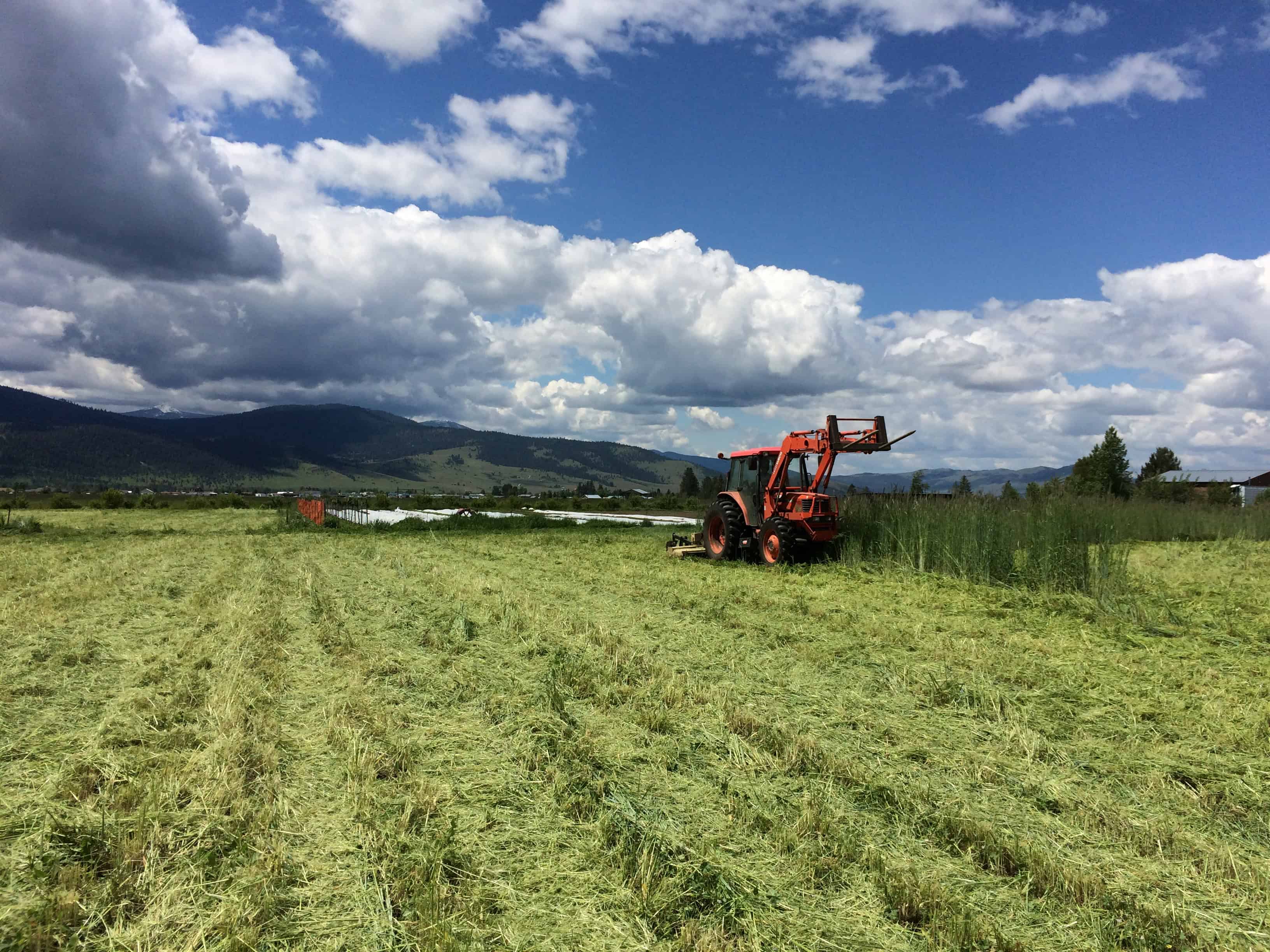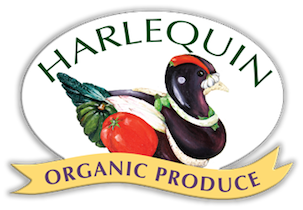Agro-ecology In Action
Our approach to farming is based on principles of agroecology that suggest there is no formula or set method for growing a product, but rather multiple factors that must be considered in conjunction with science, economics, and social values. For us, we seek to apply the knowledge we have gained studying agriculture through a scientific lens with the experience we have gained working in the fields and as business owners. The choices we make from what to grow to how we farm are determined by their ability to help us reach our goal of minimizing our environmental impact while making organic farming an economically sustainable trade.
This starts with the soil. Soil is the foundation for a healthy farm. Not only is it the vehicle by which our plants receive a majority of the nutrients they need to grow and thrive, but it is also crucial to the larger ecosystem in which we operate. For this reason, we employ various low-impact practices to minimize tilling and aeration of the soil. By reducing our tilling we also reduce release of CO2, erosion, compaction of the soil pore spaces. In turn we mitigate other negative consequences such as weed seed germination, disruption of mycorrihzal interactions and decreased microbe populations. The result: less weeds, richer healthier soil and higher yields.
In addition, each spring we test our soil to develop an informed approach to amending, determining cover crops, and where/when to plant various vegetables. In agricultural systems, only one nutrient or environmental condition can limit plant growth at a given time, therefore, knowing what factors we are faced with early on provides us with a running start to last throughout the season. This also supplies us with a parameter to measure our practices by from year to year.
In terms of soil amendments and fertilizer, we care for the soil from the start by protecting it with nitrogen fixing cover crops and green manures including vetch, clover and winter pea. We also supplement nitrogen through the addition of cow manure that is produced on a farm <1 miles from us.
Agriculture in general has a significant impact on nature and the ecosystems we inhabit. Pesticides, herbicides, fertilizers and poor soil management can lead to a host of issues such as erosion, pollution of watersheds, loss of habitat for native species and human health issues. Our approach to farming serves to minimize this impact by using organic methods of pest control and fertilization along with living mulch. We use clover living mulch between our rows, which provides habitat for beneficial insects while also fixing nitrogen and protecting the soil from erosion and compaction. We practice crop rotation to minimize disease pressure.
Similarly, we cultivate weeds using minimal disturbance techniques such as flaming, hand hoeing, and light tractor cultivation. Applying conservation tillage principles we only use the Rottatiller in extreme weed situations.
While minimizing our impact on the environment is a cornerstone to sustainable farming practices so is growing crops that make economic sense. We believe in order to fully achieve the level of sustainability we seek, our crops need to be viable both in the field and at market. Part of ensuring economic success is ensuring we make the most of our growing season.
We use season extension techniques, including plastic mulch and row cover, for our late season crops; tomatoes, peppers, eggplant, and winter squash. These crops make up the bulk of our income in a given year, and we feel that we have to do everything in our control to make sure that we have a crop each season.
We understand the use of plastic mulch is controversial. It is an extremely thin, 1 millimeter, petroleum product that is thrown away at the end of the season. This product warms our soil, controls weeds, and help us grow red bell peppers. If we lay 1 acre of a field in plastic we can harvest 20,000 lbs of produce that is delivered to markets within 100 miles of our farm. The plastic waste can be taken to a dump in the back of a pick-up. We feel that the environmental cost of plastic outweighs the sustainability benefits our farm receives from using this product. In the future, we hope to experiment with other practices that minimize our use of plastic. But, for now, we are consciously aware of both the benefits and drawbacks to using plastic mulch. We feel all factors considered the result is a net benefit to our environment, our farm and our community.

